
Hormonal Imbalance in Women
November 28, 2024
What Is a Telemedicine Visit?
January 3, 2025How Is a Full STD Test Done
It is important that a individuals practice good sexual hygiene in order to achieve optimum health. Here at Smart Choice Medical Clinic located in Tyler, TX our goal is to assist clients to make the right decisions by offering efficient and sensitive STD testing services. Here in this blog, we will explain everything you need to know about the STD tests working procedures how many types of tests are available, why it is necessary to go through testing.
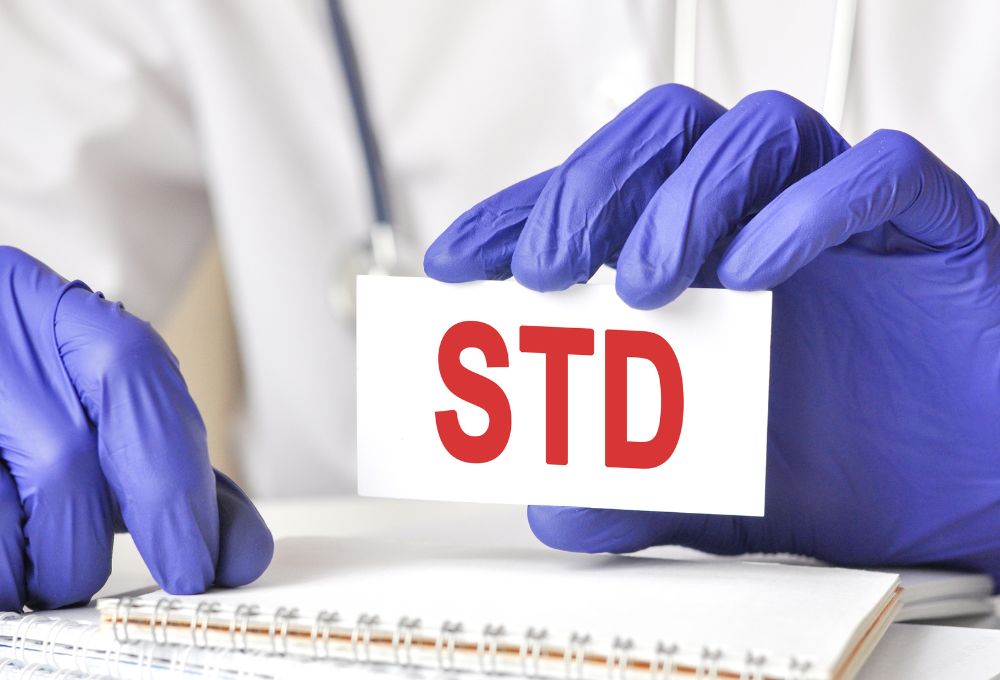
Why STD Testing Matters
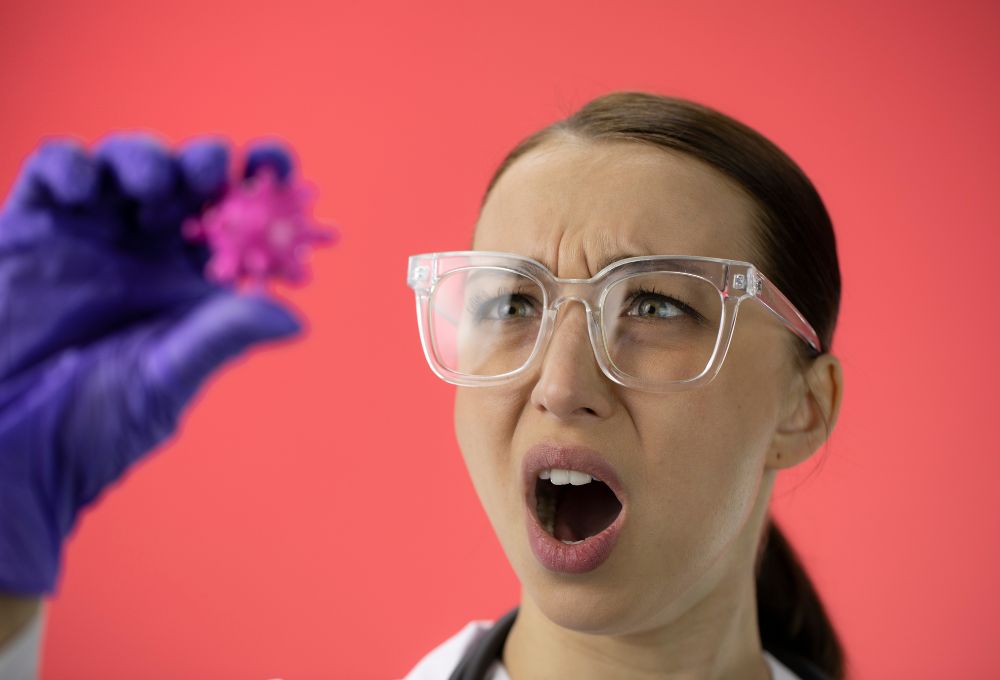
STD testing is not a health check-up; it is a declaration to oneself that you are in control of your health. Here's why it's crucial:
- Early Detection Saves Lives
A number of the sexual transmitted diseases are infective but non-curable, which in other words, they are not noticeable. Screening at an early stage means that diseases such as HIV or syphilis are are first diagnosed before getting complicated. - Protect Your Loved Ones
Get tested to avoid passing on the infections unconsciously to partners or fetus during pregnancy. - Peace of Mind
Being aware of your STD status takes away the guess work and puts you in control of your relationships.
How Does an STD Test Work?
STD testing is easy, private and comes in a format that best suits your situation.
- Consultation
A healthcare provider for Smart Choice Medical Clinic will assess the history of your sexual activities to advise of tests to conduct. - Sample Collection
- Blood Test: Diagnoses diseases ranging from HIV, and Syphilis, Hepatitis among others.
- Urine Test: Diagnose bacterial infections inclusive of chlamydia and gonorrhea.
- Swab Test: Tests for infections in the throat, genitals or lower stomach.
- Rapid Test: Provides early results for certain diseases including HIV.
- Analysis and Results
They are in a form of samples which are taken to laboratories for further examination. Basic tests could produce results in a few minutes while the advanced and detailed tests could take 1-3 days.
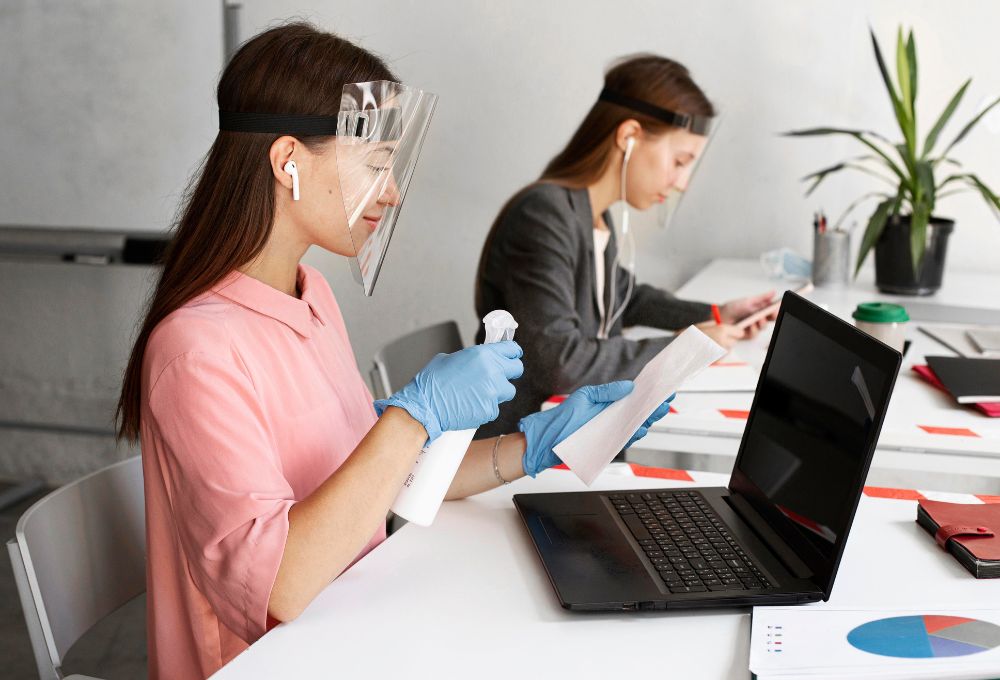
STD Testing Methods
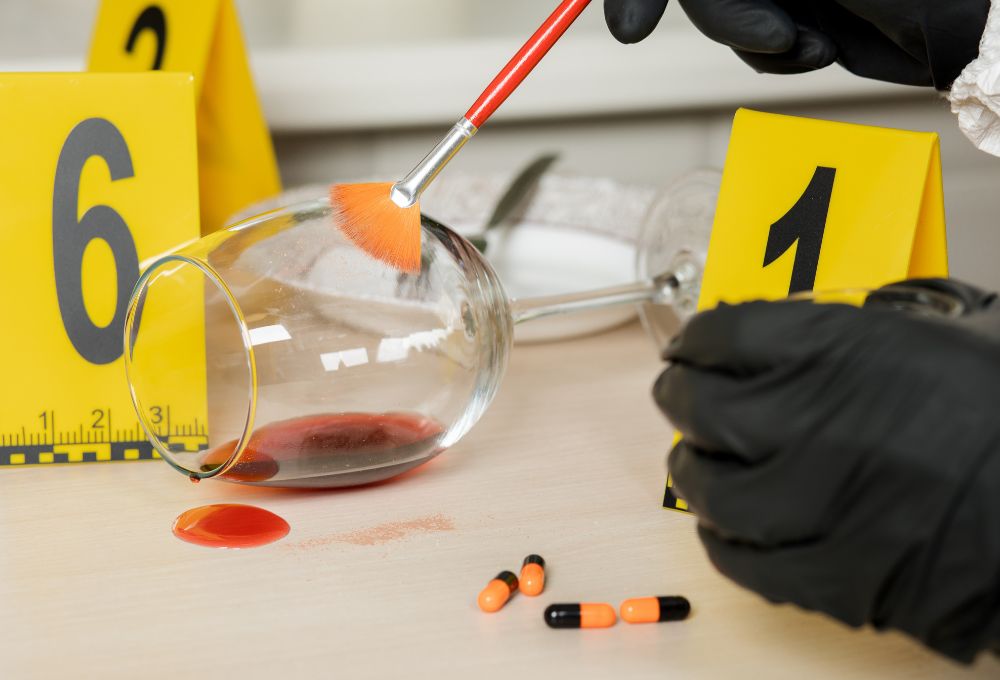
- Blood-Based Testing
As used in the HIV and hepatitis diagnoses blood tests include the withdrawal of some blood from the vein. - Urine Testing
Great to use in diagnosing both gonorrhea and chlamydia. The test is non invasive and patients only need to produce a urine sample. - Swab Testing
Swabs from the affected sites including throat or genital area are taken then tested for oral or localized infections by health professionals. - Home Testing Kits
Alternative where people wanting to be tested do not have to be seen by other people. However, for more accurate result examination is recommended to be done at clinics.
How to Prepare for an STD Test?
- Know Your Symptoms: You should disclose any symptoms you have to your provider to help determine which tests to run.
- Avoid Urinating Before Urine Tests: Avoid using the washroom for at least an hour before a urine test if you want your result to be as accurate as possible.
- Be Honest: Of this precondition, it has been stipulated that full disclosure of sexual history is crucial in arriving at accurate diagnosis.

Common STDs We Test For at Smart Choice Medical Clinic
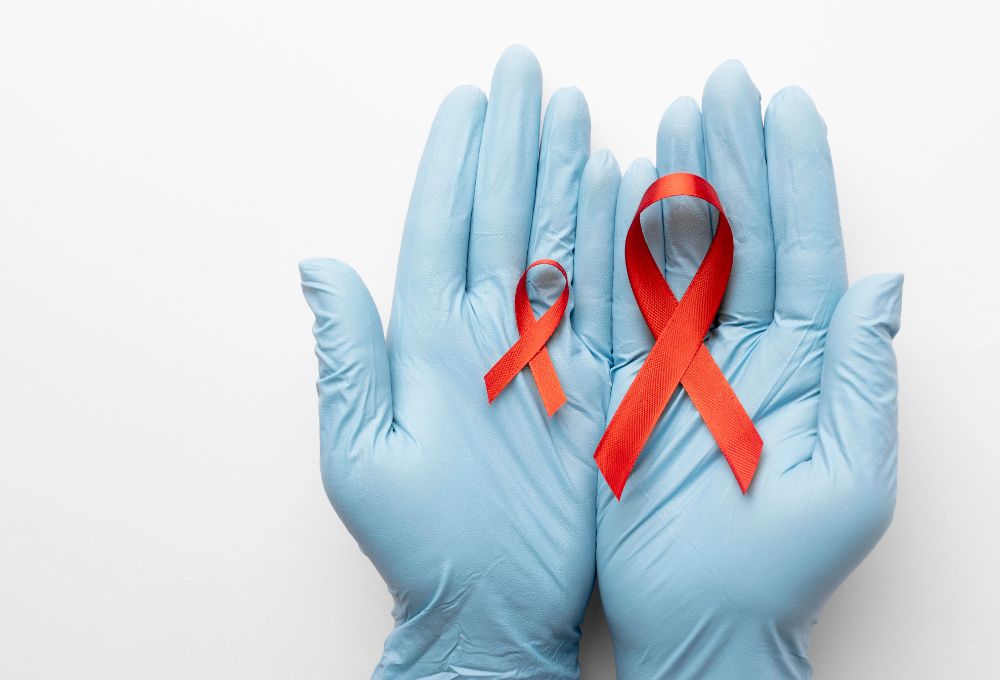
- HIV: Illness can develop suddenly and knowing this will help health care providers recognize early signs to control and treat the infection adequately.
- Chlamydia and Gonorrhea: Conditions that can be easily cured if diagnosed on time with bacteria as the causing factor.
- Syphilis: Signs that it becomes serious if not treated properly.
- Herpes: They are used in outcomes’ handling in minimizing transmission.
- Hepatitis B and C: Acute hepatitis viruses that cause illness of the liver, which are best treated in the early stages.
Benefits of Choosing Smart Choice Medical Clinic
- Confidential and Discreet Services
Your privacy is our priority. The proscribed parameters are that all tests are conducted in a non-judgmental atmosphere. - Advanced Testing Technology
I utilize all the modern approaches to ensure you get quick and efficient results. - Comprehensive Counseling
All of the information can be obtained by asking our healthcare professionals, who will help to navigate the process, starting with testing and ending with prevention and treatment of the disease.
FAQs About STD Testing
- How often should I get tested for STDs?
Yes, it does, it depends on your lifestyle and numerous risk factors associated with it. Generally:
- From once a year for engaging in sexual activities.
- If you have more than one sexual partner every 3-6 months is recommended.
- As soon as you feel sick or if you think you were exposed to the hazards.
- Are STD tests painful?
Many samples, for instance, urine and blood samples, are less invasive and uncomfortable as they are considered tests. Cotton swab tests may lead to some mild discomfort. - Can I test positive without symptoms?
Yes, it’s quite true that so many STDs are known to be symptoms-free. There are surprisingly many asymptomatic cases that, if not frequently tested for, may easily go unnoticed. - Is testing confidential?
Absolutely. In fact at Smart Choice Medical Clinic, all the results and information concerning the patient are always a secret to the third party. - How soon can I get results?
A rapid test maybe given in minutes while the laboratory test will take between 1-3 days.
Take Charge of Your Health
The Smart Choice Medical Clinic in Tyler, TX has experts who also ensure that individuals are not anxious when getting STD tested. That’s right, today whether you are visiting us for the first time or need your annual exam, we want you to feel comfortable and safe.
FAQ
1What are the early signs of hormonal imbalance in women?
The first symptoms often include the following: Menses that are irregular or absent, changes in weight, their mood shifts, acne or skin changes, hair loss, feeling tired most of the time. Other signs may be flatulence, weight changes, change in the sex drive.
2How do I know if my hormones are imbalanced?
Such signs as mood swings, constant tiredness, hair loss, or uterine irregularity indicate that there is a problem. Hormone testing through samples like blood or saliva tests is the most reliable for confirmation, however.
3hat causes hormonal imbalance in women?
Common causes include stress, poor diet, thyroid disorders, polycystic ovary syndrome (PCOS), aging, and the use of certain medications or birth control.
4How can I balance my hormones naturally?
Some ways of hormonally rebalancing are eating properly, exercising, minimizing stress, proper sleeping, and low toxic intake. Magnesium or adaptogenic herbs may also help you out, for instance, you can add to your diet.
5Can hormonal imbalance lead to infertility?
Of course, diseases such as polycystic ovary syndrome, thyroid disorders, or low levels of progesterone can affect ovulation and fertility. Treatment adequately will help reverse the ordeal, hence regaining fertility.
6What foods should I avoid for hormonal health?
Limit sweets, candies, soft drinks, snacks containing trans fats, Caffeine and alcohol will also interfere with hormonal balance.
7How long does it take to treat hormonal imbalance?
The duration of treatment depends on the client and the illness being treated. When they adopt new lifestyle and receive adequate medical attention many report improved health within few weeks to months.
8Can stress alone cause hormonal imbalance?
Of course, chronic stress increases cortisol levels, which disrupts other hormones, such as estrogen and progesterone
9What tests diagnose hormonal imbalance?
You should be on the lookout for usual tests such as blood tests in the estrogen, progesterone, and thyroid hormones, saliva space, urine space and cortisol.
10Are hormonal imbalances common during menopause?
Of course, menopause as a rule is associated with hormonal fluctuations such as the decrease in estrogen and progesterone and therefore hot flashes, mood swings etc.



